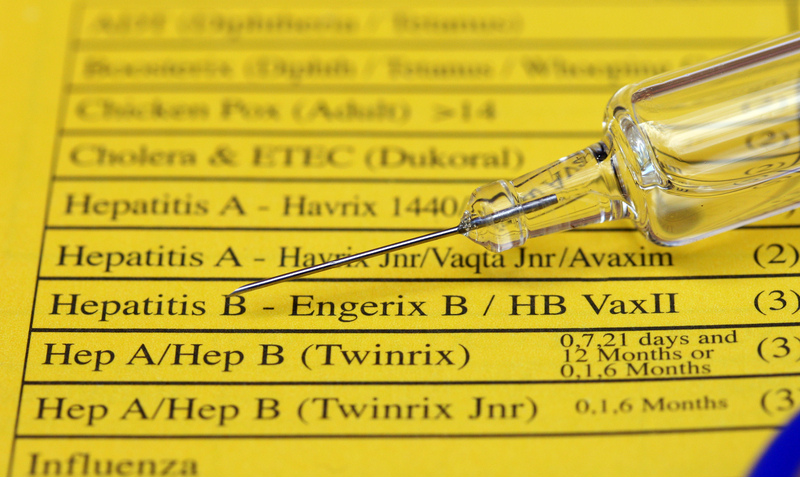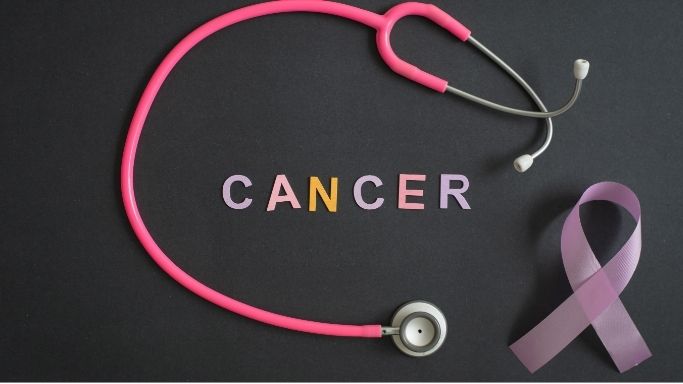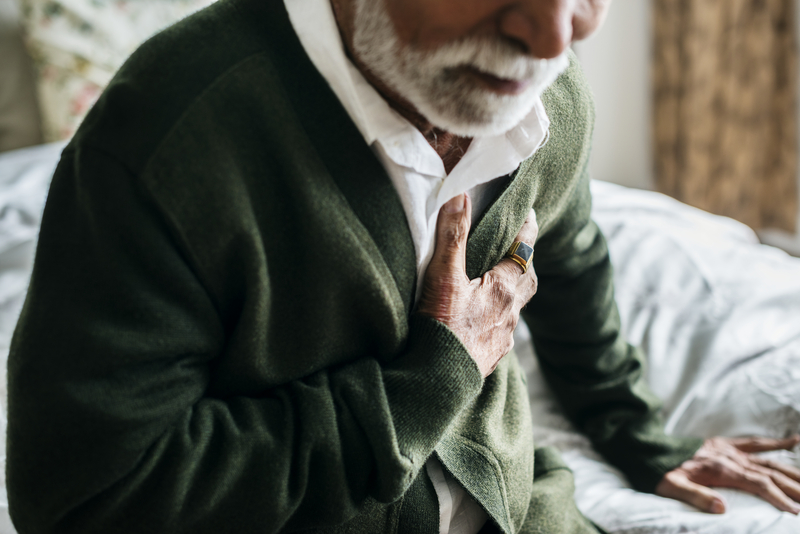Hispanic
Tobacco Use Mortality Hispanic Non-Hispanic: Impact & Difference | Fyh.news
Productive and also inactive tobacco use along with mortality between Hispanic as well as non-Hispan
This article examines tobacco use morta...
Cervical Cancer Education Video Improves Patient Knowledge
To evaluate the impact of a cervical cancer education video on patient knowledge and appointment satisfaction
Methods:
An educational video focuse...
Obesity in Hispanic Americans: A Hidden Crisis and How to Fight It
(Family Features) Obesity is a lifelong health problem that affects more than 42% of American adults and impacts some ethnic and racial groups more...
Dietary Patterns and Cardiovascular Disease Risk in Hispanic Adults | FYH
Dietary patterns and cardiovascular disease are closely linked, yet the relationships among healthy diets, blood metabolite profiles, and heart con...
Cancer Care Disparities in Black and Hispanic Survivors
Combining cultural and behavioral strategies can improve cancer care for Black and Hispanic survivors.
Black and Hispanic cancer survivors e...
Anal cancer incidence rises in white, Hispanic older women: study
The rates of anal cancer have risen steadily in the United States, and the biggest increases were in older women — especially white and Hispanic on...
Trending Topics
Features
- Drive Toolkit
Download and distribute powerful vaccination QI resources for your community.
- Health Champions
Sign up now to support health equity and sustainable health outcomes in your community.
- Cancer Early Detection
MCED tests use a simple blood draw to screen for many kinds of cancer at once.
- PR
FYHN is a bridge connecting health information providers to BIPOC communities in a trusted environment.
- Medicare
Discover an honest look at our Medicare system.
- Alliance for Representative Clinical Trials
ARC was launched to create a network of community clinicians to diversify and bring clinical trials to communities of color and other communities that have been underrepresented.
- Reducing Patient Risk
The single most important purpose of our healthcare system is to reduce patient risk for an acute event.



















